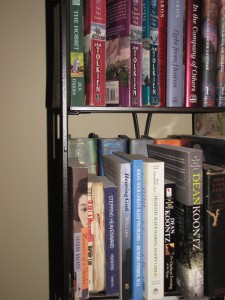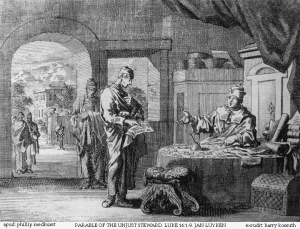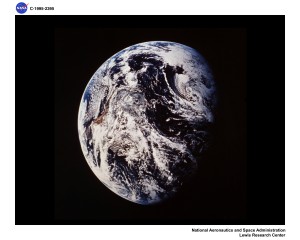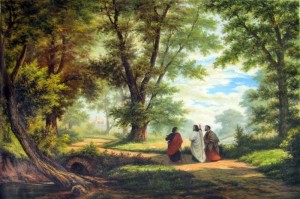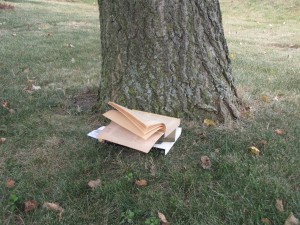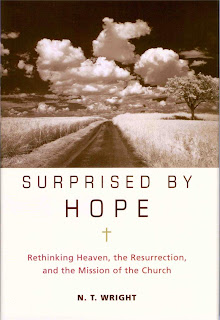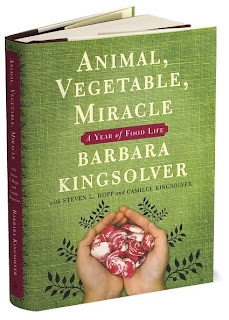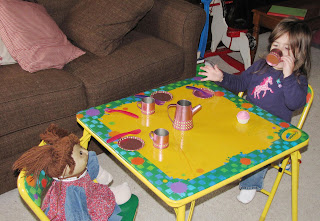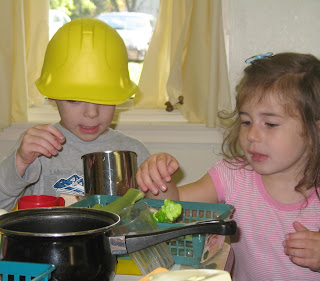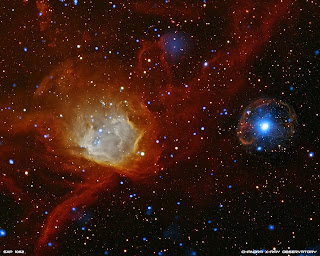We are in the middle of moving, so I will be fetching from the archives for the next two or three weeks. Enjoy!
I am caught in this world and cannot seem to escape it.
I cling to the security of our money, not wanting to give up our extra even to help one who is hurting. I cling to my anger, not wanting to give it up even for the sake of my child’s heart. I cling to my idea of success, not wanting to give up the possibility of my daughters’ successes in the world even for the sake of their love for God and neighbor.
I am helpless, mired, enmeshed and enslaved. I cannot even turn away from sin on my own. I am incapable of seeing my sin for what it is.
I am like Peter in the courtyard, having just betrayed the One he saw raising the dead and being transfigured, having sworn and cursed that he did not know Him. Peter, too, was unable to turn, unable to grieve over his betrayal, until…
Just as he was speaking, the rooster crowed. The Lord turned and looked straight at Peter. Then Peter remembered the word the Lord had spoken to him…And he went outside and wept bitterly. ~ Luke 22.60-62
Peter not turn first, Jesus did. When Peter was right in the middle of his sin, when he would have preferred to look anywhere else other than at Jesus, Jesus turned and looked at Peter.
I cannot turn from my sin unless Jesus turns to me first. I can, perhaps, feel frustrated at my inability to obey, but this is not the kind of sorrow that bears any kind of lasting fruit. This is only a kind of twisted pride. What I cannot do is to understand my own helplessness and the depths of my sin.
If I have any repentance at all, any true turning of my heart to God, it is only by the grace of God turning to me first.
Sorrow over our sinful condition is…God’s attribute above all. Sorrow over sin does not finally belong to us humans; we ourselves are not capable of it. ~ Martin Luther
It is amazing grace that saved a wretch like me.
Art credits: St. Peter’s Denial by Rembrandt; Peter Denying Christ by Daniel Tivart; Church of Santo Sepolcro in Milan Italy



